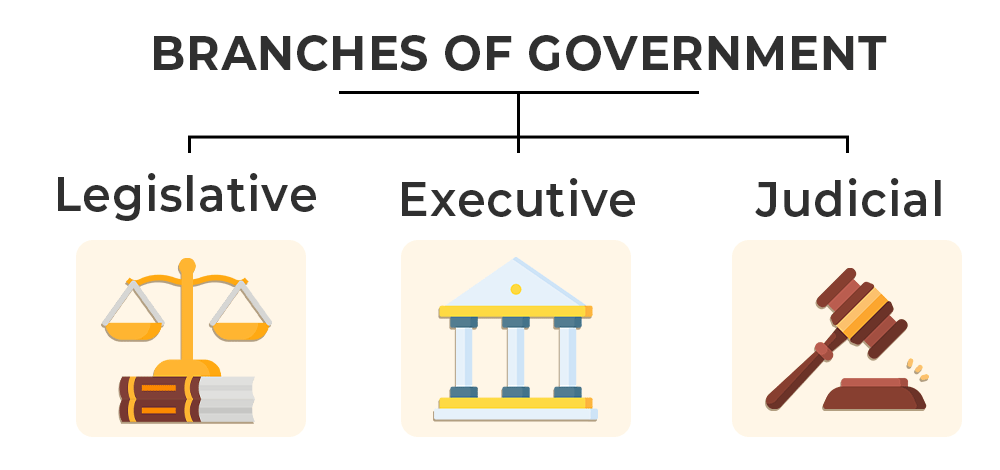zafar Iqbal
Foreign direct investment (FDI) refers to when a company or individual from one country makes an investment into a business or entity in another country. This usually involves acquiring a substantial ownership stake in the foreign business. FDI is considered to be a critical driver of economic growth and development, as it can bring in capital, technology, and expertise to the host country. Additionally, FDI can create jobs, enhance productivity, and facilitate the transfer of skills and know-how. Countries often strive to attract FDI as a means to strengthen their economy and improve infrastructure.
Foreign Direct Investment (FDI) hinges on a country’s perceived political and economic stability. While economic instability may be tolerated in hopes of future improvement, political instability is a significant deterrent to foreign investment due to the associated security and sustainability risks. However, there is always potential for improvement, and Pakistan is no exception.
In the case of Pakistan, there are promising economic and business growth prospects overshadowed by political uncertainty. Over the past two years, political instability has led to the divestment of assets by nine large multinational corporations in Pakistan. This includes prominent names such as Pfizer, Eli Lilly, Sanofi, Viatris, Royal Dutch Shell, Total Energies, Telenor, Uber, and Lotte Chemical.
These multinational corporations have made significant contributions to Pakistan, providing world-class technology, skilled human resources, and international standard products. Their exit is broad-based, spanning across multiple sectors, including pharmaceuticals, oils, chemicals, food, and telecommunications. These divestments pose a challenge to Pakistan’s local revenue, foreign investment, employment, technological advancements, and economic growth, as well as impacting the country’s perception among potential new foreign investors.
Pl subscribe to the YouTube channel of republicpolicy.com
The exit of these multinational corporations, some of which are global leaders in their respective industries, over a two-year period raises concerns about both the economic and political governance of Pakistan. It is imperative to conduct a comprehensive evaluation of the causes behind each exit to address the underlying issues and retain existing investors.
The departure of these multinationals also underscores the importance of the perception of existing investors in influencing potential new investors. High-profile investors play a crucial role in motivating new entrants, making it essential to address the concerns of current investors to attract future investment. The Overseas Investors Chambers of Commerce and Industry (OICCI), representing over 200 multinationals, has been a key voice, and their assessment of the situation is critical for potential investors.

















